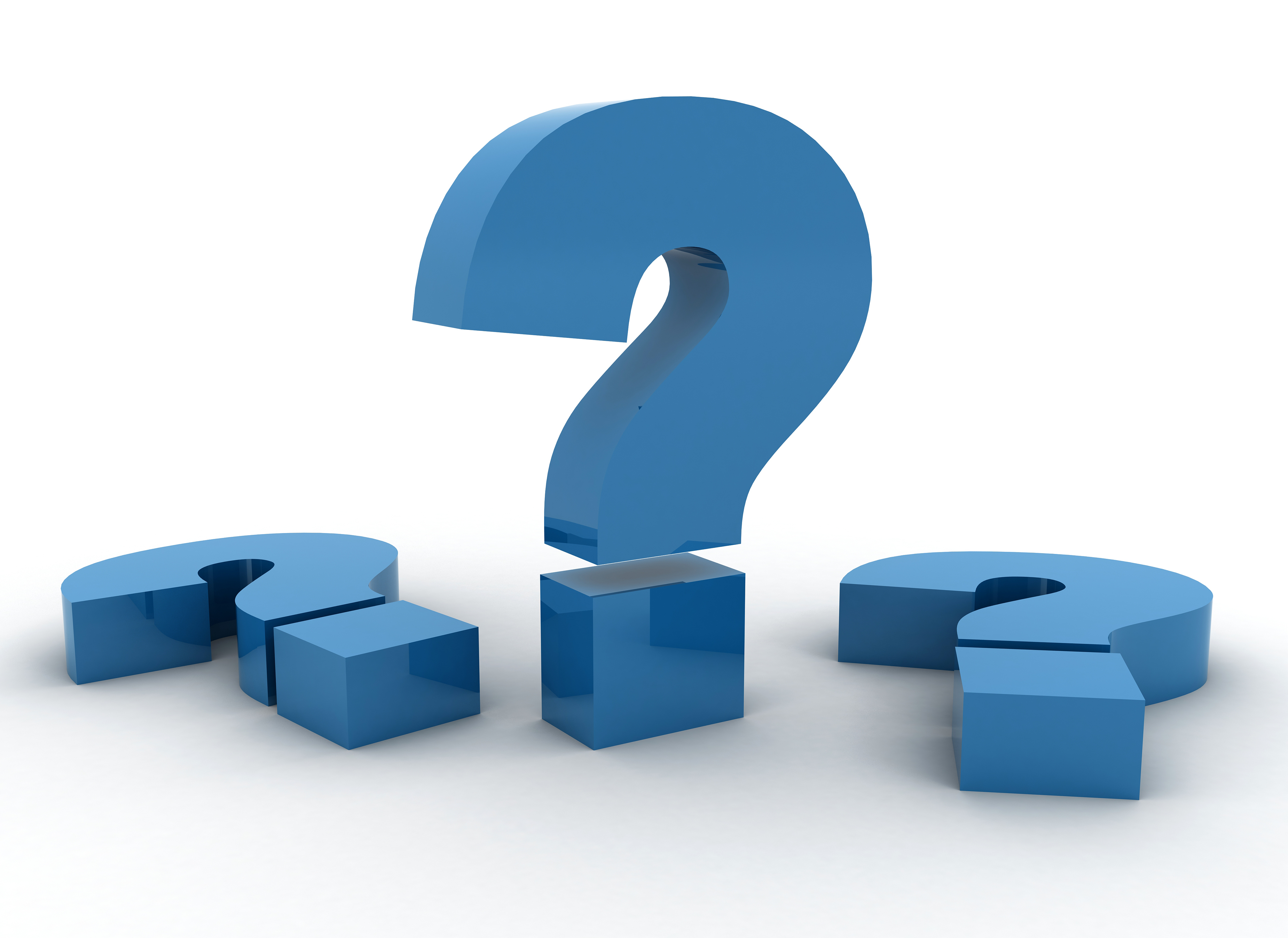How Do You Know?

 To know yet to think that one does not know is best; not to know yet to think that one knows will lead to difficulty.
To know yet to think that one does not know is best; not to know yet to think that one knows will lead to difficulty.
An old man and his son lived in an abandoned fortress on the side of a hill. Their only possession of value was a horse. One day the horse ran away. The neighbors came by to offer sympathy. “That’s really bad!” they said. “How do you know?” asked the old man.
The next day the horse returned, bringing with it several wild horses. The old man and his son shut them all inside the gate.
The neighbors hurried over. “That”s really good!” they said. “How do you know?” asked the old man.
The following day, the son tried riding one of the wild horses, fell off, and broke his leg. The neighbors came around as soon as they heard the news. “That”s really bad!” they said. “How do you know?” asked the old man.
The day after that the army came through, forcing the local young men into service to fight a faraway battle against the northern barbarians. Many of them would never return. But the son couldn’t go because he’d broken his leg.
While we may not have to worry about horses and barbarians, we do keep ourselves busy playing the judgment game. We make fast judgments that are often based on insufficient information. We read people’s minds to judge what they think of us before collecting the evidence. We worry about the future before all the information has been gathered. We become emotionally upset – with complete confidence in our distress – before we’ve taken the time to verify whether our pain is based on fact or fortune telling.
Possibilities don’t have to be more painful than certainties. As the old man in the story* has taught, sometimes before we make our judgments all we have to do in the moment is ask “How do I know?” and wait for all the information to come in before driving ourselves crazy with unproven judgments.
* Story adapted from the Tao Te Ching.
